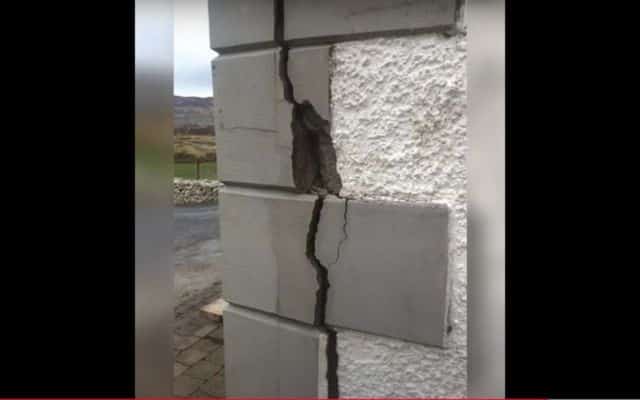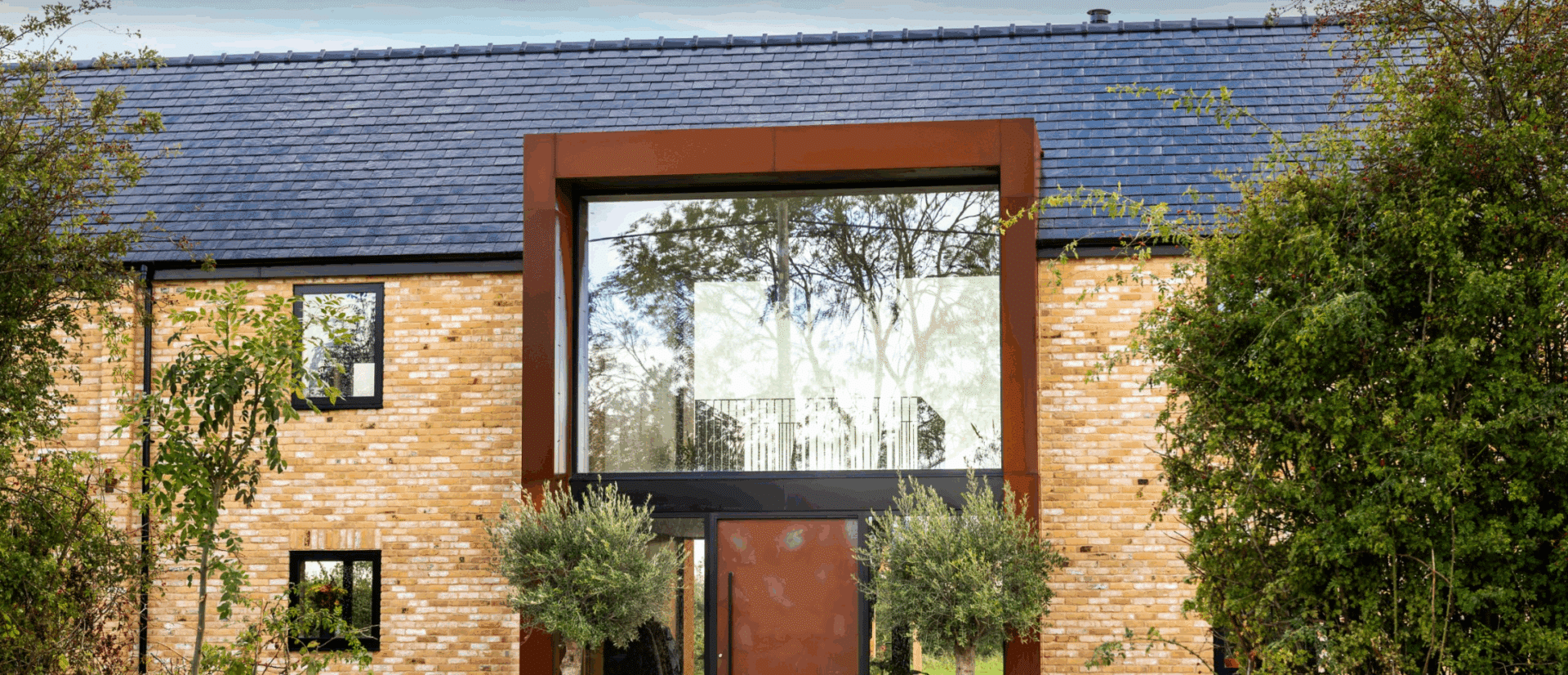The Climate Change Advisory Council’s call for more funding to speed up renovations presents a key opportunity for self-builders.
In this article, we cover:
- Heat pump costs and average grant amounts
- Uptake of heat pump grants
- CCAC’s analysis of Ireland’s built environment.
- Vacant and derelict properties’ role in carbon reduction.
- Barriers to heat pump retrofits.
- Recommendations from CCAC.
The Climate Change Advisory Council (CCAC) is urging the ROI government to extend supports for renovating vacant and derelict properties, especially in light of the European Parliament’s new Energy Performance of Buildings Directive (EPBD).
This directive reinforces the need for member states to regulate embodied carbon—emissions tied to the entire lifecycle of buildings, from construction to demolition.
For self-builders looking to renovate a vacant or derelict property, this shift presents a further opportunity. The CCAC is advocating for bold government strategies that include land activation and tax incentives to reduce barriers to refurbishment.
Also, by encouraging the use of low-carbon materials, such as timber, the government can promote sustainable building practices that benefit both the environment and individual renovators.
Heat pump costs
Three in four buildings are suitable for heat pumps but costs remain a major barrier to homeowners investing in them, the council found.
The council has called on the ROI government to simplify and reduce the cost of installing heat pumps in homes and workplaces.
It highlighted that despite 78 per cent of residential buildings being technically suitable for heat pumps without additional energy efficiency upgrades, only about 70 grant-aided installations occurred per week, last year.
The Council states, “The median cost of heat pumps in 2023 was €14,868, with a median grant of €6,500 available. The purchase and installation costs of heat pumps remain significantly higher than those of conventional oil and gas boilers.”
“The high upfront cost of heat pumps has been highlighted as a barrier to adoption, along with ongoing running costs, building and space requirements, trust in and awareness of the technology and a lack of suppliers.”
The CCAC has urged the ROI government to enhance grants and provide clearer information regarding the suitability and operation of heat pumps.
The report indicated that emissions from buildings decreased by 6% last year, and the residential sector is on track to meet its emissions ceiling if the installation of heat pumps and district heating is significantly accelerated.
To maintain this momentum, however, the sector must quickly increase efforts to replace fossil fuel heating systems with low-carbon alternatives like heat pumps. However, this transition is expected to be a substantial challenge.
What is the Climate Change Advisory Council?
The Climate Change Advisory Council is an independent, statutory body established under the Climate Action and Low Carbon Development Act 2015.
In July 2021, the Climate Action and Low Carbon Development (Amendment) Act 2021 was promulgated. This Act provides for the setting of binding emissions reductions targets for 2030 and 2050 and a process of carbon budgeting and sectoral emissions ceilings for achieving these targets.
This strengthened the role of the Climate Change Advisory Council enabling it to propose carbon budgets to the Minister for the Environment, Climate and Communications.
The Act provides that the first two five-year carbon budgets proposed by the Climate Change Advisory Council should equate to a total reduction of 51 per cent over the period to 2030, relative to a baseline of 2018.The carbon budget programme, comprising three 5-year budgets (2021-2025; 2026-2030; and 2031-2035), came into effect on 6 April 2022.
Its council’s remit includes reviewing national climate policy, progress on the achievement of the national transition objective and progress towards international targets. Additionally, the council provides advice to the ROI government on national policy relating to climate change.
Marie Donnelly, Chair of the Climate Change Advisory Council said, “We urgently need to phase out fossil fuels from our homes and workplaces. Building on the success and the positive impact of retrofitting incentives with almost 48,000 households benefiting in 2023, Government must do more to help everyone make sustainable choices in heating and insulating their homes.”
Additional recommendations from the Council’s review include:
- Further financial support to low income households who can’t afford a deep energy retrofit.
- A National Heat Policy Statement from the government and the enactment of the Heat Bill.
- Completion of the National Planning Framework in 2024.
- Promotion of urban regeneration and infill development.
The CCAC makes the call in its 2024 Annual Review – the Council’s first deep analysis of climate action in Ireland’s built environment.
The EPBD is part of the EU’s ‘Fit for 55’ package, aimed at cutting carbon emissions by 55 per cent by 2030. For the first time, it requires the measurement of embodied carbon, which could lead to significant reductions when existing buildings are repurposed rather than demolished.
Until now, Irish building regulations have focused solely on operational carbon, which covers emissions from heating, cooling and lighting.

Housing crisis
Recent estimates indicate that Ireland needs 42,000 to 80,000 new homes annually until 2050 to meet population growth, highlighting the urgency of addressing housing shortages. Renovating derelict properties could effectively lower both operational and embodied carbon emissions, to reach sustainability goals, states the CCAC.
Funding initiatives like the Urban Regeneration and Development Fund, the Croí Cónaithe Towns Fund (Vacant Property Refurbishment Grant) and the Croí Cónaithe Towns Fund (Ready to Build) have proved attractive to self-builders.
In 2023, the Vacant Property Refurbishment Grant received 6,034 applications, of which 3,166 were approved. “However, just 100 of these approved applications received the grant within the year,” states the Council report.











